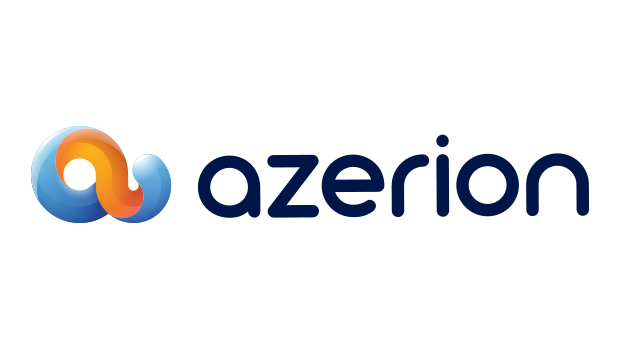Azerion UK, Mindshare & Differentology Measure ‘Media Mindsets’ When Audiences Are Most Receptive to Advertising
by on 25th Apr 2025 in News

New research, ‘Meaningful Connections’, commissioned by Azerion UK and Mindshare (part of GroupM), and undertaken by Differentology enhances planning strategies and advertising effectiveness; the results were announced at Azerion UK’s ‘Infinite Possibilities’ leadership event.
The study quantifies the importance of the consumer mindset in determining when people are most receptive to advertising. Findings include:
● 40% of people seeking to challenge their comfort zones when they go online will act on advertising, compared to only 20% of those browsing to ‘fill time’.
● People looking to ‘improve their mood’ or ‘find comfort’ are almost twice as likely to regard advertising positively than those who are looking to ‘relax and de-stress’ or ‘have some me-time’.
Mindshare’s first Media Mindset study showed the content people want to receive is influenced by their mindset. Meaningful Connections evolves this understanding to quantify these receptive media moments so that they can be deployed for data-driven decision-making when determining the media mix.
The extensive new study evaluated the different mindsets in which people consume media to create the communication receptivity (CORE) index. Based on six key metrics (emotion, relevance, intent, focus, visibility and experience), the CORE Index is a strategic media planning tool that moves away from the traditional broad, demographic approach to audience targeting in favour of engaging with people through being highly relevant.
Understanding the different states of mind when people are online and how these relate to their perception of advertising enables brands to select the content, channel, and timing that will be most effective; higher receptive mindsets invite a more complex narrative, while lower receptivity is better suited to building awareness, for example.
Rachel Cunliffe, research and insights account director at Mindshare, says: “A brand’s target audience cannot be treated as a homogenous group – how receptive they are to advertising messages will vary depending on each individual’s emotional and psychological needs, with these continually shifting over time. Our research focuses on understanding people’s need states as the key to reaching them with ads that resonate, rather than feeling intrusive and irrelevant. By quantifying receptivity, we can deliver an advertising experience that feels authentic, relevant and aligns with the consumers’ current mindset.”
Media Mindsets identified 16 mindsets in which people consumed media:
| Be informed & up-to-date | Improve mood | Indulge | Find inspiration |
| Take some me-time | Connect or socialise | Escape reality for a while | Challenge oneself |
| Relax & de-stress | Find comfort | Learn something new | Give back to the planet or others |
| Fill some time | Have fun | Find excitement | Explore a topic in-depth |
The latest research measures how receptive someone is when they are in a particular mindset. Other example findings include:
- 70% of web users looking to be informed, fill time or have some me-time have high levels of focus and will not use any other devices when in these mindsets.
- People looking to improve their mood or find comfort are almost twice as likely to feel that the advertising was relevant and aligned to the context in which it was viewed than those who are looking to relax and de-stress or have some me-time.
- A third of people looking to find excitement say they recall seeing advertising, twice as high as someone looking to relax and de-stress.
Roxanne Harley, head of growth at Azerion, says: “Brands have many ways to target their audiences – but reach does not equal engagement. The new research shines a light on why the customer journey lies at the heart of truly connected omnichannel advertising and how marketers can adopt this approach to drive people-centric campaigns, themes that underpin today’s Infinite Possibilities event.”
Mark James, CEO at Differentology, says: “We’ve all experienced how our mindset influences the way we respond to messages. This research quantifies those previously intangible emotions, giving brands the actionable insights they need to craft more effective, personalised campaigns across every touchpoint in the customer journey.”
AdvertisingPersonalisationResearch












Follow ExchangeWire